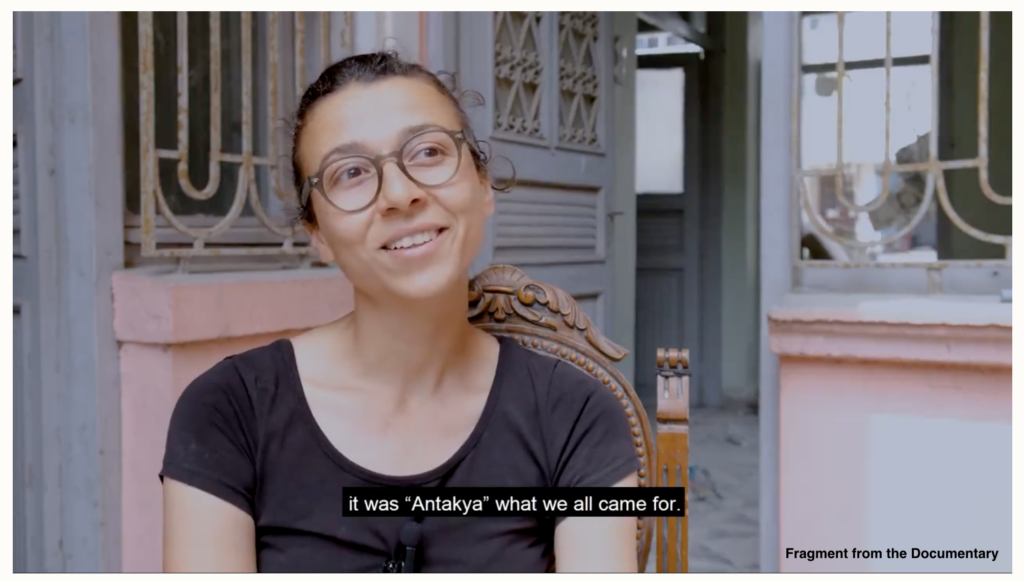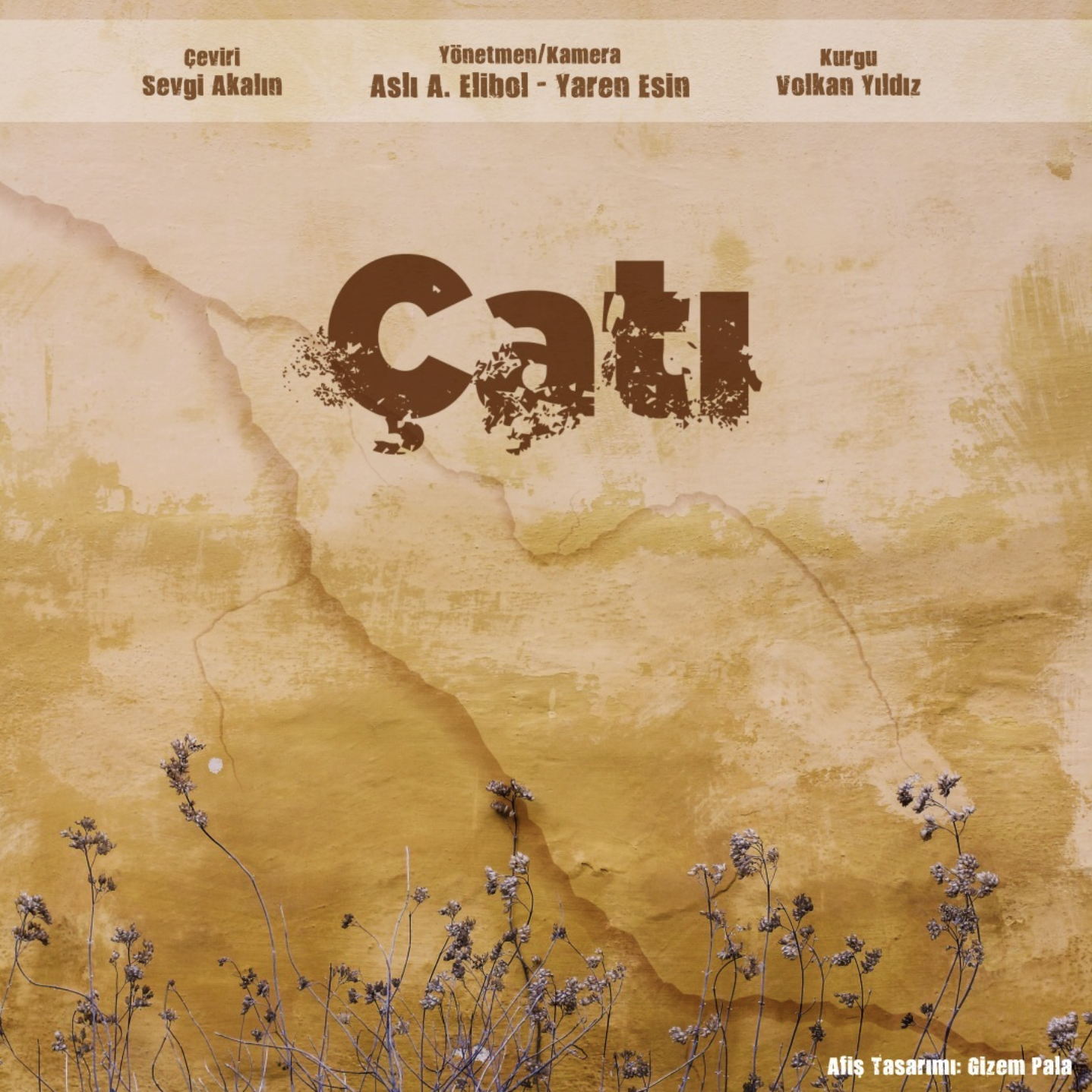We are pleased to announce the release of the documentary “Çatı” (Roof), created by Aslı Asena Elibol and Yaren Esin. This film captures the solidarity, struggle, and resistance in the earthquake-stricken Hatay region. Premiering on February 2nd, 2024, in Istanbul, it has since been screened across Turkey and is now making its way to Europe, with hopes of reaching a broader international audience. The documentary includes English subtitles.
“Çatı” (Roof) documents the efforts of Mor Dayanışma, first established in Antakya 10 years ago, and the rebuilding of community life after the devastating earthquake. Through the lens of the filmmakers, the documentary sheds light on the actions, resilience, and unity of the people, especially women, who played a pivotal role in the recovery process.
We invite you to screen “Çatı” (Roof) at your venue and share this powerful story with your community. If you are interested in hosting a screening, please contact us at belgesel.cati@gmail.com.
Thank you for your support in spreading this important message!

Background:
Aslı Asena Elibol and Yaren Esin, who were working for months in the earthquake-stricken Hatay region, filmed the documentary »Çatı« (roof) to remember and make sure not to forget the solidarity, struggle, and resistance that took place there. The documentary premiered on February 2nd, 2024 in Istanbul and has since then been screened in many locations all over Turkey. It will also be screened in Europe and will hopefully reach an even broader international audience in the upcoming time. It has english subtitles.
Starting her words by explaining why they chose the name “Çatı” (Roof) for the documentary, Aslı Asena Elibol said, “Mor Dayanışma was first established 10 years ago in Antakya. It was the first place we organized, our first roof. Our first roof collapsed during the earthquake. Setting up tents there after February 6th was again like a roof for us. We will rebuild life. We named this documentary with the idea of building a safer roof for women. Antakya was a place we knew well. That’s why we were very well organized and coordinated. İrem was among the first team to go. She said, ‘Needs are increasing here.’ Yaren and I were there on the 9th day. We observed that mainstream media did not show what was happening, and what happened was not adequately covered on social media. So, on our second visit, we took our cameras with us. We started shooting on March 6th. For 5 months, we recorded what happened. There were rubble actions, resistance against expropriations. Women were at the forefront.”
Yaren Esin, who said they went to the earthquake zone immediately after the earthquake, continued, “On the second day, we set up the women’s tent in Hatay Samandağ. As the Istanbul team, we were in Samandağ, our friends from Izmir were in Defne, and our friends from Adana and Mersin were in Serinyol. With Aslı, we were in the region with the second team on the ninth day. After that, we went to the region with aid at regular intervals for six months. In Samandağ, basic needs started to be met first. After a certain period, needs diversified. In order to respond to these, psychological and social support began to be provided. Our lawyer friends provided information on rights. We organized cultural and artistic events, coffee chats, and similar activities. We were always side by side and shoulder to shoulder with women. After the tent, we opened the Samandağ Mor Dayanışma place made of prefabricated materials in Atatürk Mahallesi.”
Our Story
As the current government besieged the mainstream with lies about the earthquake, we felt the responsibility to document the truths in the face of the crisis they couldn’t manage, and we decided to make this documentary. On February 6, 2023, we woke up to a morning where millions of people were affected, thousands of our friends lost their lives, and our living spaces were destroyed. We were abandoned to death knowingly, and we were attempted to be trapped in the despair of the oppressive order. As socialists and feminists, in the face of this hopelessness and helplessness, we became each other’s breath alongside the people.
We thought for a long time, what word could encapsulate this film? Which word could reflect the solidarity and struggle we offered there? We realized how important the word “Çatı” (Roof) was in our story. We no longer had homes, schools, or workplaces. We were facing a serious housing and unemployment crisis. But in this process, our solidarity and struggle became our “roof.” We are rebuilding life; sometimes with a lemon tree, sometimes with a coffee chat. With the laughter of women heard months later and our struggle that illuminates the dark streets. Since the first day, always side by side.
For more information, visit the Website or follow the documentary on Instagram.
